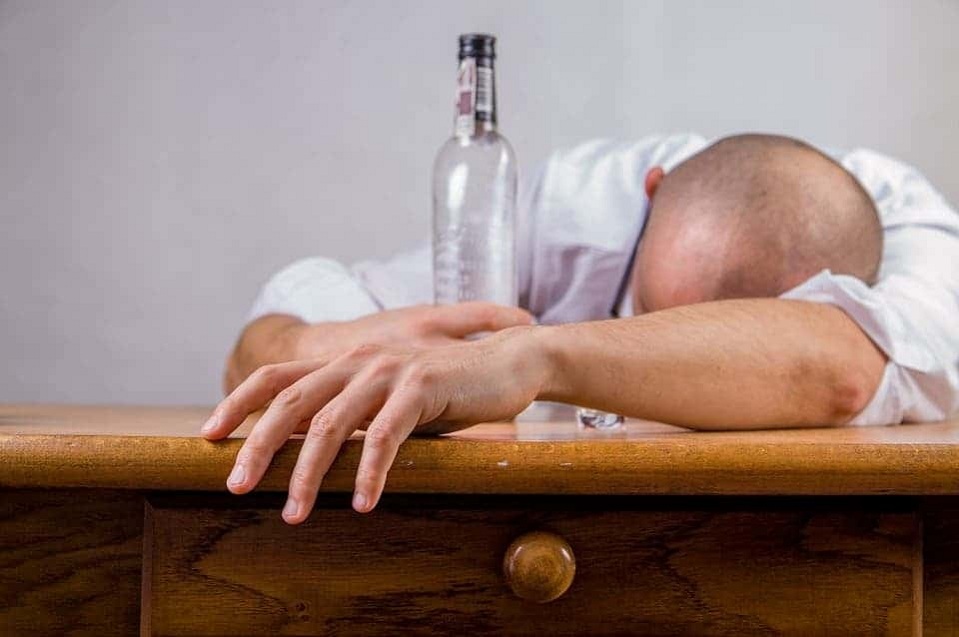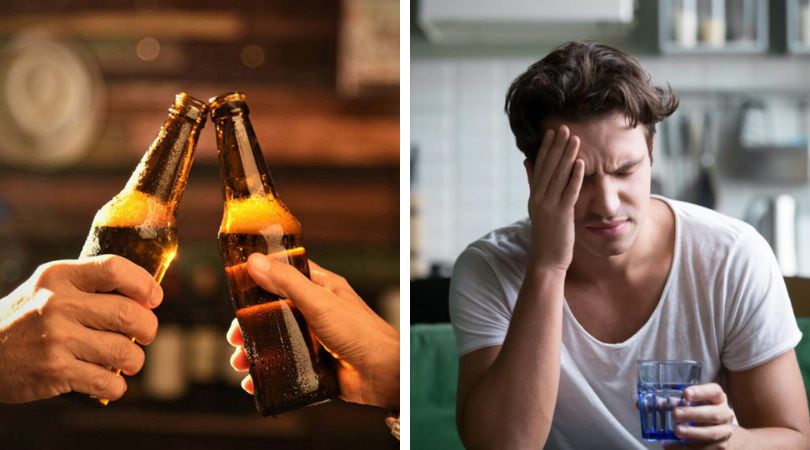Contrary to common assumptions, particularly if your prime days are now a memory, recent research suggests an unexpected twist: Hangovers may become milder as you age.
This counterintuitive notion challenges conventional beliefs, yet the researchers assert its validity.
While it might be presumed that younger individuals, who typically consume more alcohol and bear fewer responsibilities, would endure less severe hangovers, this study flips that narrative.
Surprisingly, the study indicates that hangovers indeed become less intense with advancing age, even after accounting for the fact that older individuals generally consume less alcohol and do so less frequently.
This curious phenomenon raises intriguing possibilities, one of which is the potential for an acquired resilience to hangovers through years of experience and adaptation.

As you age, your reduced sensitivity to pain might result in individuals of more advanced years perceiving their post-drinking discomfort as less severe.
In contrast, during your youthful years, the aftermath of drinking can feel like a world-ending ordeal, right?
A recent study published in the journal Alcohol and Alcoholism underscores the intriguing fact that the negative repercussions of excessive alcohol consumption tend to diminish in frequency as one grows older, especially as work and family responsibilities increase.
However, the researchers also highlighted the substantial influence of the extent of intoxication on the condition experienced the following day.
If you find yourself significantly intoxicated, the chances are high that you’ll need a cold water bottle in the fridge and McDonald’s on speed dial for the next day’s recovery, as you’re likely to struggle.
The researchers coined the term ‘subjective intoxication’ for this phenomenon.
In their concluding remarks, the researchers emphasized that hangover severity diminishes with age, even after adjusting for the amount of alcohol ingested.
Furthermore, they noted that the differences in hangover severity based on sex were most pronounced among younger individuals but gradually decreased or disappeared in older age groups.
The complex relationship between age and hangover intensity is significantly influenced by subjective intoxication, which could be mediated by the reduced sensitivity to pain that accompanies aging.

This doesn’t imply that it’s advisable for older individuals to excessively consume alcohol and experience the consequences of overindulgence. Hangovers can still occur. However, this research merely suggests that the severity might not be as extreme as one might expect.
Of course, responsible drinking is always recommended.
Interestingly, people commonly assume that hangovers worsen with age, and younger individuals can freely consume alcohol without much concern for the next day’s effects.
Moreover, it’s frequently believed that older drinkers possess a better understanding of their alcohol limits and when to cease consumption, although this aspect isn’t particularly relevant when it comes to the occurrence of hangovers.

